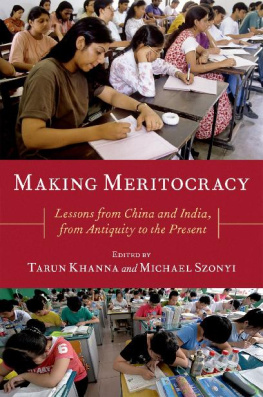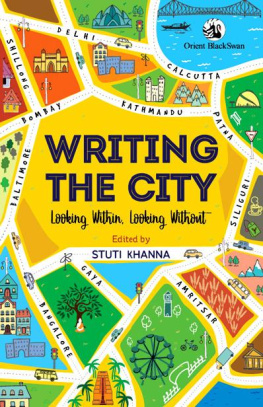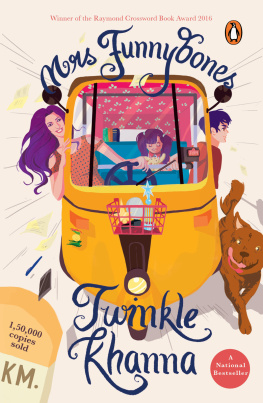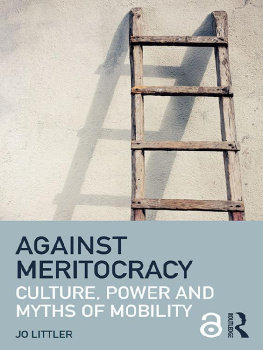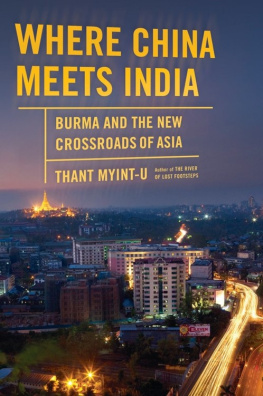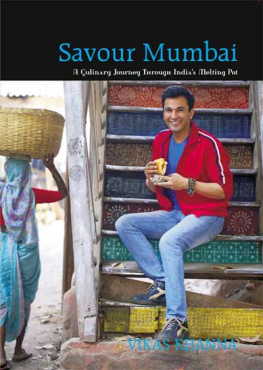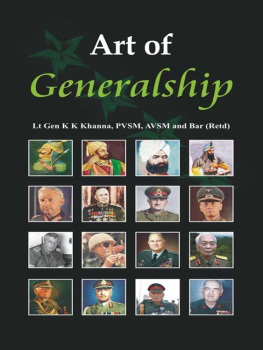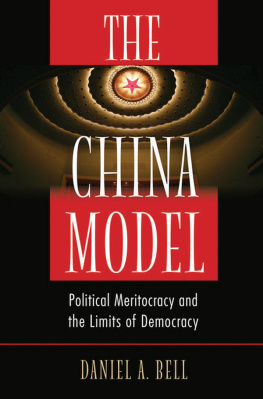Making Meritocracy
MODERN SOUTH ASIA
Ashutosh Varshney, Series Editor
Pradeep Chhibber, Associate Series Editor
Editorial Board
Kaushik Basu (Cornell University)
Sarah Besky (Cornell University)
Jennifer Bussell (University of California, Berkeley)
Veena Das (Johns Hopkins University)
Patrick Heller (Brown University)
Niraja Gopal Jayal (Jawaharlal Nehru University)
Devesh Kapur (Johns Hopkins University)
Atul Kohli (Princeton University)
Pratap Bhanu Mehta (Ashoka University)
Shandana Khan Mohmand (University of Sussex)
Ashley Tellis (Carnegie Endowment for International Peace)
Steven Wilkinson (Yale University)
The Other One Percent
Sanjoy Chakravorty, Devesh Kapur, and Nirvikar Singh
Social Justice through Inclusion
Francesca R. Jensenius
Dispossession without Development
Michael Levien
The Man Who Remade India
Vinay Sitapati
Business and Politics in India
Edited by Christophe Jaffrelot, Atul Kohli, and Kanta Murali
Clients and Constituents
Jennifer Bussell
Gambling with Violence
Yelena Biberman
Mobilizing the Marginalized
Amit Ahuja
The Absent Dialogue
Anit Mukherjee
When Nehru Looked East
Francine Frankel
Capable Women, Incapable States
Poulami Roychowdhury
Farewell to Arms
Rumela Sen
Negotiating Democracy and Religious Pluralism
Karen Barkey, Sudipta Kaviraj, and Vatsal Naresh
Cultivating Democracy
Mukulika Banerjee
Patching Development
Rajesh Veeraraghavan
Making Meritocracy
Edited by Tarun Khanna and Michael Szonyi
Making Meritocracy
Lessons from China and India, from Antiquity to the Present
Edited by
TARUN KHANNA AND MICHAEL SZONYI
Oxford University Press is a department of the University of Oxford. It furthers the Universitys objective of excellence in research, scholarship, and education by publishing worldwide. Oxford is a registered trade mark of Oxford University Press in the UK and certain other countries.
Published in the United States of America by Oxford University Press
198 Madison Avenue, New York, NY 10016, United States of America.
Oxford University Press 2022
All rights reserved. No part of this publication may be reproduced, stored in a retrieval system, or transmitted, in any form or by any means, without the prior permission in writing of Oxford University Press, or as expressly permitted by law, by license, or under terms agreed with the appropriate reproduction rights organization. Inquiries concerning reproduction outside the scope of the above should be sent to the Rights Department, Oxford University Press, at the address above.
You must not circulate this work in any other form and you must impose this same condition on any acquirer.
Library of Congress Cataloging-in-Publication Data
Names: Khanna, Tarun, editor. | Szonyi, Michael, editor.
Title: Making meritocracy : lessons from China and India, from antiquity to the present /
edited by Michael Szonyi and Tarun Khanna.
Description: New York, NY : Oxford University Press, [2022] |
Includes bibliographical references and index.
Identifiers: LCCN 2021050769 (print) | LCCN 2021050770 (ebook) |
ISBN 9780197602478 (paperback) | ISBN 9780197602461 (hardback) | ISBN 9780197602492 (epub)
Subjects: LCSH: Social stratificationChinaHistory. |
Social stratificationIndiaHistory. |
Merit (Ethics)History. | Power (Social sciences)ChinaHistory. |
Power (Social sciences)IndiaHistory.
Classification: LCC HM821 .M3447 2022 (print) | LCC HM821 (ebook) |
DDC 303.30951dc23/eng/20211207
LC record available at https://lccn.loc.gov/2021050769
LC ebook record available at https://lccn.loc.gov/2021050770
DOI: 10.1093/oso/9780197602461.001.0001
Contents
Tarun Khanna and Michael Szonyi
Michael Puett
Ashutosh Varshney
Daniel A. Bell
Sudev Sheth and Lawrence L. C. Zhang
Sumit Guha
James Z. Lee, Bamboo Yunzhu Ren, and Chen Liang
Ashwini Deshpande
Ajantha Subramanian
Zachary M. Howlett
Vincent Chua, Randall Morck, and Bernard Yeung
William C. Kirby
D. Shyam Babu, Chandra Bhan Prasad, and Devesh Kapur
Varun Aggarwal
Tarun Khanna and Michael Szonyi
This project was more than five years from inception to completion, and it involved workshops in four cities including approximately one hundred speakers. The list of participants, presenters, audience members, and staff who made these events a success is long, and we are grateful to all, even if it is impractical to thank everyone by name.
Our greatest thanks go to the contributing authors, all of whom did far more to ensure the cohesiveness and coherence of the chapters than is normally expected of contributors to a collection of essays. The informal and electronic conversations that the project generated were enormously satisfying intellectual engagements. We especially thank Mark Elliott, Vice Provost of International Affairs at Harvard, who initially conceived of the project with Tarun. Besides the authors themselves, others who contributed greatly to the intellectual work of the project include Kanti Bajpai, Peter Bol, Shivshankar Menon, Manjari Miller, Felix Oberholzer-Gee, and Suraj Yengde.
The project was anchored by a series of formal and informal seminars and workshops in Cambridge, expertly coordinated by two Harvard centersthe Fairbank Center for Chinese Studies and the Lakshmi Mittal and Family South Asia Institute. Our workshop in Beijing was ably coordinated by Prof. Duan Peijun and staff at the Central Party School, in Shanghai, by Wang Yi and the staff of the Harvard Center Shanghai, and in New Delhi, by the Mittal Institutes local team. Julia Cai, Chelsea Ferrell, Meena Hewett, Caitlin Keliher, Sanjay Kumar, and Abanish Rizal all provided expert assistance. Our thanks to all of them. Sarah Bramao-Ramos joined the team as editorial assistant and worked very effectively to ensure that the final outcome met the highest standards.
As the pages that follow will make clear, the making of meritocracy is a controversial subject over which tempers easily flare. We the co-editors are responsible for any errors.
Varun Aggarwal is a technology entrepreneur, an Artificial Intelligence researcher, and a policy enthusiast. He co-founded one of the worlds largest skills assessment companies. He has published a non-fiction book on the science ecosystem in India and a novel on the impact of AI and internet on our society. He recently co-founded a philanthropic initiative on science policy in India.
D. Shyam Babu is Senior Fellow, Centre for Policy Research, New Delhi. A former journalist, Mr. Babu now focuses on how economic changes in India have been shaping social change and transformation for the benefit of marginalized sections, especially Dalits. He is coauthor (with Devesh Kapur and Chandra Bhan Prasad) of , which brought to light the phenomenon of Dalit businesspersons hitherto ignored by both intellectuals and policymakers.

